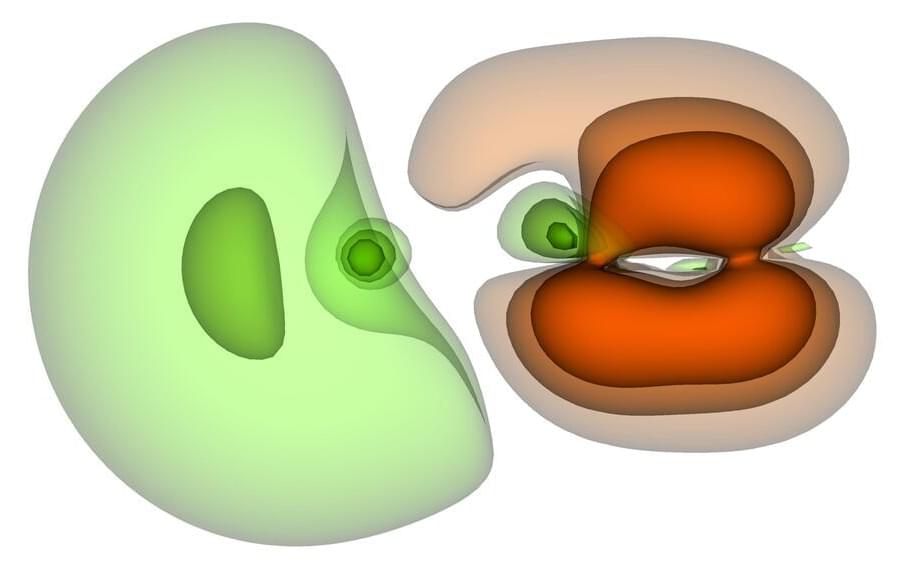Researchers have investigated the capability of known quantum computing algorithms for fault-tolerant quantum computing to simulate the laser-driven electron dynamics of excitation and ionization processes in small molecules. Their research is published in the Journal of Chemical Theory and Computation.
“These quantum computer algorithms were originally developed in a completely different context. We used them here for the first time to calculate electron densities of molecules, in particular their dynamic evolution after excitation by a light pulse,” says Annika Bande, who heads a group on theoretical chemistry at Helmholtz Association of German Research Centers (HZB). Bande and Fabian Langkabel, who is doing his doctorate with her, show in the study how well this works.
“We developed an algorithm for a fictitious, completely error-free quantum computer and ran it on a classical server simulating a quantum computer of ten qubits,” says Langkabel. The scientists limited their study to smaller molecules in order to be able to perform the calculations without a real quantum computer and to compare them with conventional calculations.
